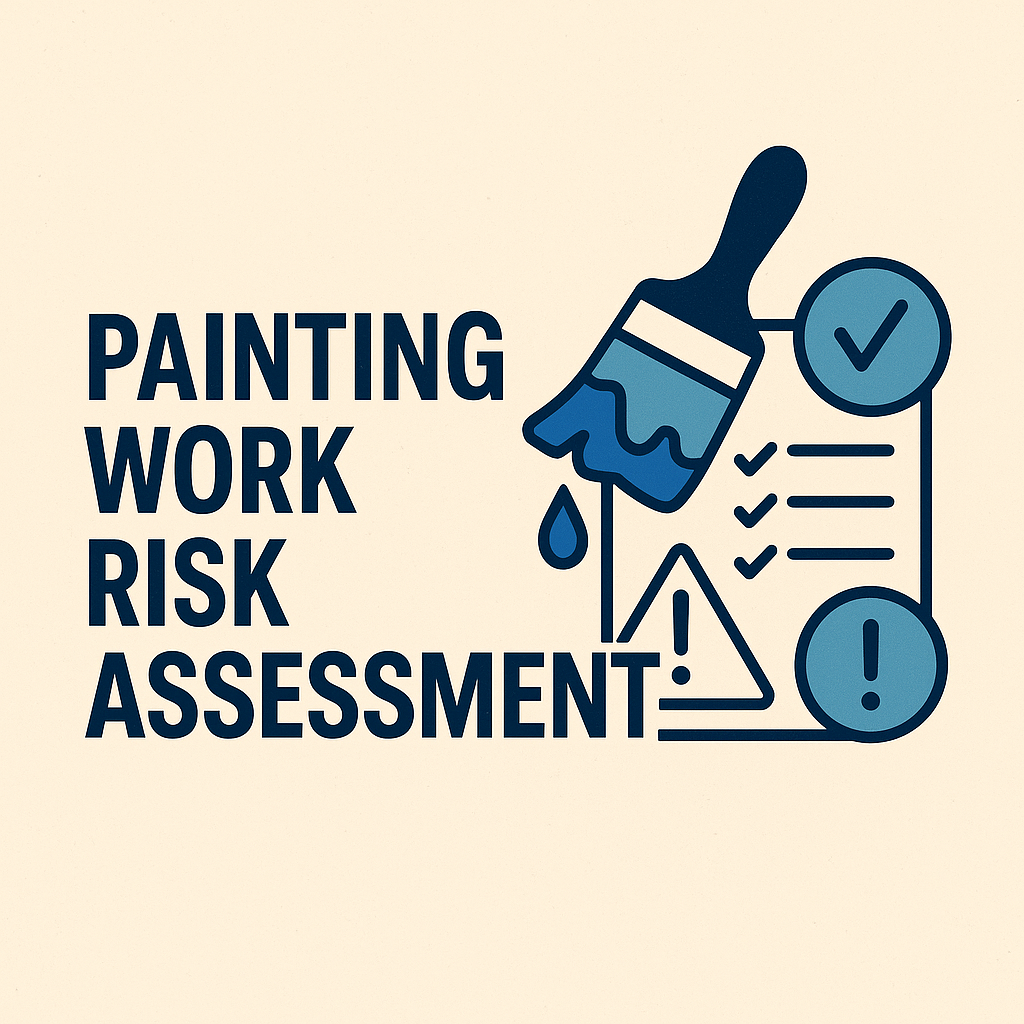
Safety Manager Salary Per Month in 2024
Introduction
Safety is a paramount concern in any workplace, and safety managers play a crucial role in ensuring the well-being of employees and the compliance of organizations with safety regulations. As industries evolve and prioritize safety, the demand for qualified safety managers continues to rise. One common inquiry among individuals considering this profession is the expected salary. In this article, we delve into the factors influencing safety manager salaries in 2024 and provide insights into what professionals in this field can expect.
Factors Influencing Safety Manager Salaries
Experience and Education
Like many professions, the salary of a safety manager often correlates with their level of experience and educational background. Those with advanced degrees or extensive experience in the field typically command higher salaries.
Industry
The industry in which a safety manager works significantly impacts their salary. High-risk industries such as oil and gas or construction tend to offer more competitive compensation packages to attract top talent due to the inherent dangers associated with their operations.
Location
Geographic location plays a pivotal role in determining salary levels. Safety managers working in metropolitan areas with higher costs of living generally earn more than those in rural areas. Additionally, regional variations in safety regulations and industry demands can influence salaries.
Company Size
The size of the employing company also affects salary levels. Larger corporations often have larger budgets allocated to safety programs and therefore can offer higher salaries compared to smaller businesses.
Average Safety Manager Salary in 2024
While specific salaries vary based on the factors mentioned above, the national average salary for safety managers in 2024 is estimated to be competitive. However, it’s essential to consider regional differences when evaluating salary expectations.
The salary of a safety manager in 2024 can vary depending on factors such as location, industry, level of experience, and the size of the company. However, on average, a safety manager can earn anywhere from $4,000 to $8,000 per month in the United States. In other countries, the salary range may differ based on the local economy and standards of living. It's always best to research specific job listings and industry standards in your area for the most accurate information.Top-Paying Industries for Safety Managers
Oil and Gas
Due to the inherently hazardous nature of oil and gas operations, safety managers in this industry typically enjoy some of the highest salaries.
Aerospace
The aerospace industry, known for its strict safety standards, also offers lucrative opportunities for safety managers.
Construction
Construction sites pose various safety challenges, making experienced safety managers highly sought after and well-compensated.
Highest-Paying Locations for Safety Managers
Metropolitan Areas vs. Rural Areas
Safety managers in metropolitan areas, such as New York City or Los Angeles, often earn higher salaries than those in rural areas due to the increased demand for their expertise and higher costs of living.
Cost of Living Considerations
While salaries may appear higher in certain regions, it’s essential to consider the cost of living. Higher salaries in metropolitan areas may be offset by elevated living expenses.
Career Growth and Opportunities
Safety management offers ample opportunities for career advancement, including roles such as safety directors or consultants. Obtaining additional certifications and staying abreast of industry trends can further enhance earning potential.
Challenges Faced by Safety Managers
Balancing Safety with Productivity
Safety managers must strike a delicate balance between ensuring a safe work environment and maintaining productivity levels, which can sometimes pose challenges.
Regulatory Compliance
Keeping up with ever-changing safety regulations and ensuring compliance can be demanding but is crucial to avoid costly fines and protect the well-being of employees.
Importance of Hiring Qualified Safety Managers
Cost of Non-Compliance
Failure to prioritize safety and hire qualified safety managers can result in legal consequences, financial penalties, and damage to the company’s reputation.
Reputation and Brand Image
Companies that prioritize safety not only protect their employees but also enhance their brand image, attracting top talent and fostering customer trust.
Tips for Aspiring Safety Managers
Education and Training
Investing in relevant education and certifications, such as OSHA certifications or a degree in occupational health and safety, can significantly enhance career prospects.
Networking
Building a strong professional network within the industry can provide valuable insights, job opportunities, and mentorship for aspiring safety managers.
Conclusion
In conclusion, safety managers play a vital role in safeguarding employees and ensuring regulatory compliance within organizations. While salaries vary based on factors such as experience, industry, location, and company size, the demand for qualified safety professionals remains high. Aspiring safety managers should focus on acquiring relevant education, gaining practical experience, and staying updated on industry trends to maximize their earning potential and contribute effectively to workplace safety.
Safety Officer vs Safety Engineer Salary
Chemical Process Safety Engineer
Apology Letter for Not Wearing Safety Helmet
Apology Letter for Not Wearing Safety Shoes
Unique FAQs
- What qualifications are required to become a safety manager?While specific requirements vary by employer and industry, most safety manager positions require a bachelor’s degree in occupational health and safety or a related field, along with relevant certifications such as OSHA certifications.
- What are some common challenges faced by safety managers?Safety managers often grapple with balancing safety priorities with productivity goals, staying updated on changing regulations, and fostering a safety culture within organizations.
- Do safety managers need to have experience in a specific industry?While industry-specific experience can be beneficial, safety managers often possess transferable skills that allow them to adapt to various industries. However, certain high-risk industries, such as oil and gas or construction, may prefer candidates with relevant experience.
- What career advancement opportunities are available for safety managers?Safety managers can pursue various career paths, including roles such as safety directors, consultants, or trainers. Obtaining advanced certifications and staying abreast of industry trends can open up new opportunities for growth and advancement.
- How can companies attract and retain qualified safety managers?Companies can attract top safety talent by offering competitive salaries, investing in ongoing training and development opportunities, fostering a positive safety culture, and providing opportunities for career advancement and recognition.
























